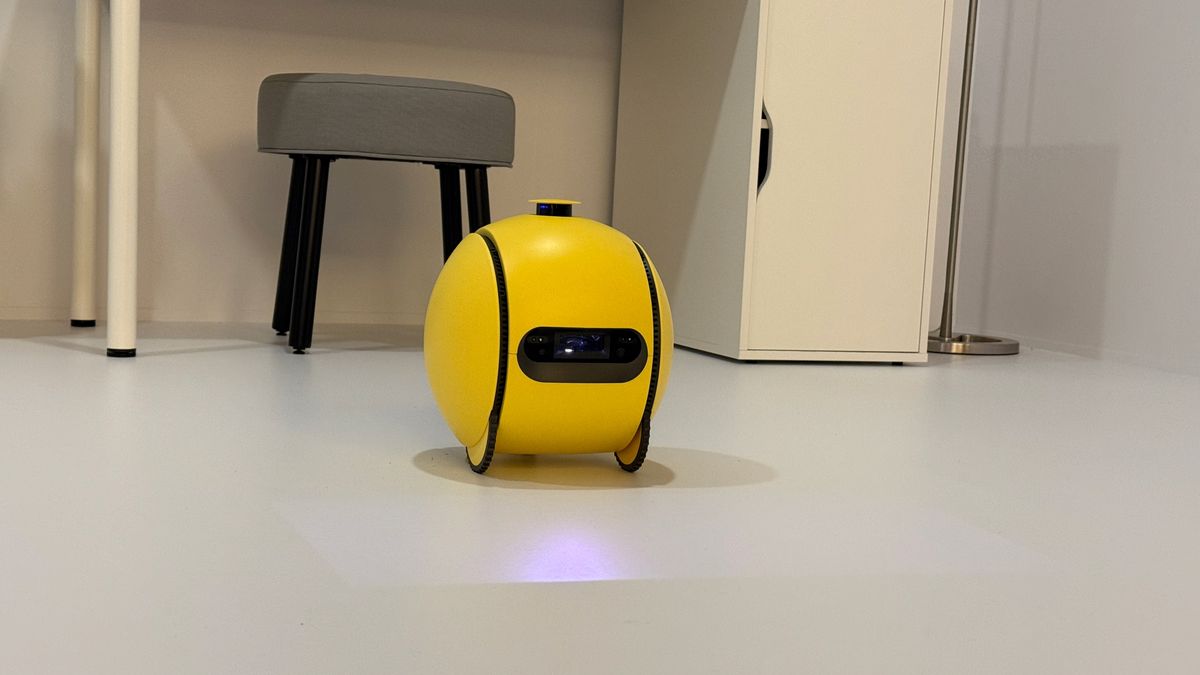A team of scientists at the University of California, Davis (UC Davis), has designed the world’s first microchip containing 1,000 independent programmable processors. Termed as ‘Kilo-core’, the chip is the fastest ever designed by any university and is capable of processing up to 1.78 trillion instructions every second.
The researchers also claim that the ‘Kilo-core’ chip contains 621 million transistors. Bevan Baas, professor at the University of California, Davis, stated, “To the best of our knowledge, it is the world’s first 1000-processor chip and has the highest clock-rate processor”. Bevan Baas also led the team of researchers that designed the architecture of the chip.
Researchers also informed about other multiple-processor chips that have been created so far but none of the processors exceed the number of 300 processors. Also, these processors were created solely for the purpose of research and experiment, and only a handful are sold commercially.
The 1000-core processor is unequivocally lightning fast and it is able to achieve this speed because its cores can independently run programs. This way, every application is broken down into tiny bits and these bits are run parallel on different processors. This enables higher output while consuming lower levels of energy.
Brent Bohnenstiehl, a graduate student at UC Davis stated the reason as to how the processor is energy efficient. “Since each processor is independently clocked, it can shut itself down when not in need, which helps in saving energy”. Bohnenstiehl is responsible for developing the principle architecture of the ‘Kilo-core’ chip.
Meanwhile, Bass tried to explain the functioning offering some details and stated, “Cores operate at an average maximum clock frequency of 1.78GHz and they transfer memory directly to each other rather than using a pooled memory that can become a bottleneck for data”.
As the most energy-efficient processor, the processor will consume a minuscule 0.7 watts while the 1000 processors execute 115 billion instructions with every passing second.








